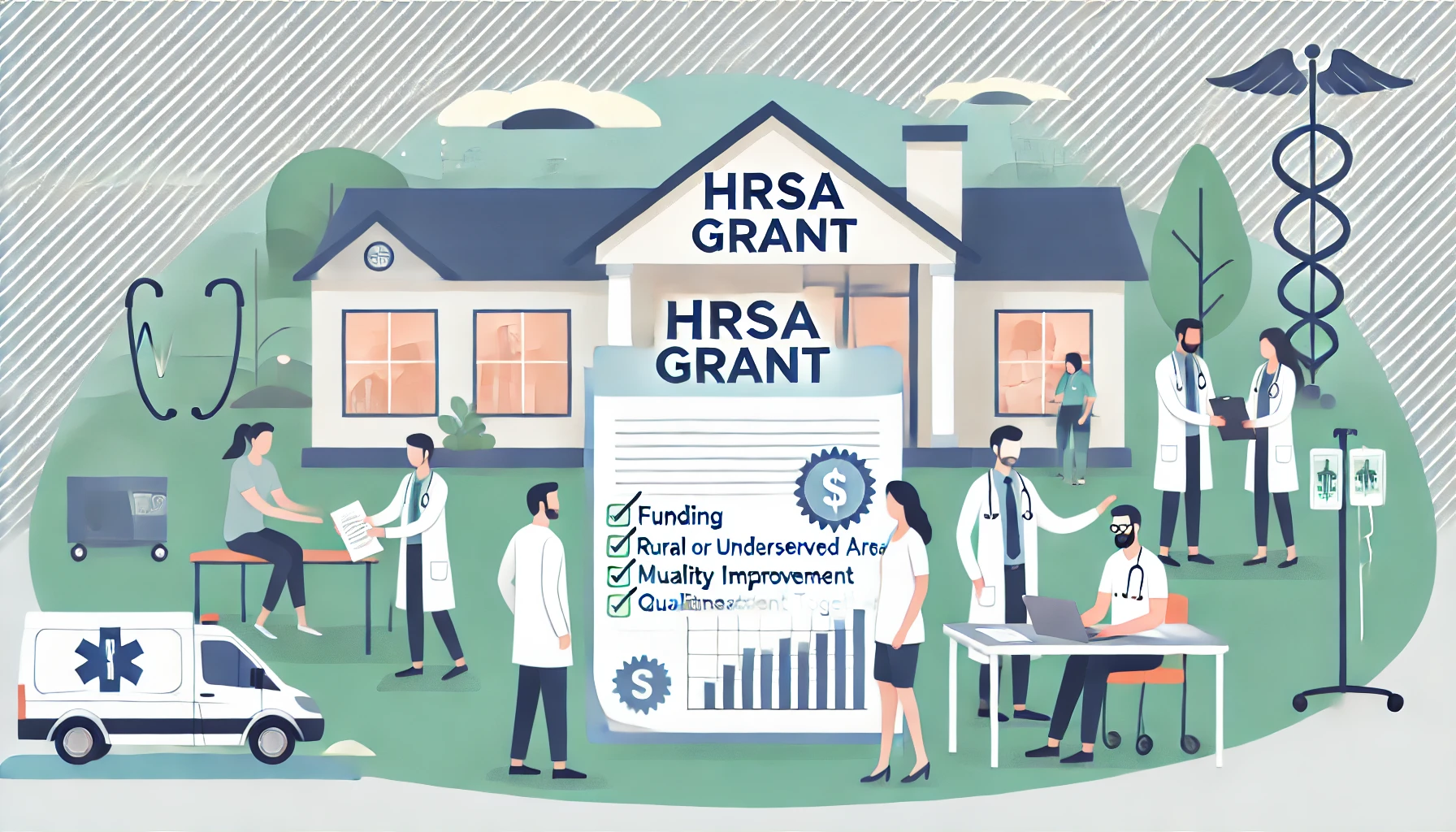
Table of Contents

Birth injuries affect 7/1000 births. Proper medical care, monitoring, and peer review can prevent many complications during childbirth.
Birth injuries affect 7/1000 births. Proper medical care, monitoring, and peer review can prevent many complications during childbirth.
Birth Injuries: Understanding Medical Malpractice Risks and Prevention Strategies
Bringing a new life into the world is supposed to be a moment of joy and celebration. However, for some families, the birthing process can turn into a nightmare when medical negligence leads to preventable birth injuries. At Medplace, we understand the critical importance of patient safety and the role of rigorous medical peer review in preventing such traumatic experiences.
The Devastating Reality of Birth Injuries
Birth injuries can have lifelong consequences for both children and their families. Medical malpractice during childbirth can result from various factors, including:
- Improper use of delivery instruments
- Failure to monitor fetal distress
- Delayed cesarean sections
- Incorrect medication administration
Understanding the Scope of the Problem
According to medical research, approximately 7 out of every 1,000 births involve some form of birth injury. While not all of these incidents are the result of medical malpractice, a significant number could have been prevented with proper medical care and attentiveness.
Key Risk Factors and Prevention Strategies
Medical professionals can mitigate birth injury risks through several crucial approaches:
- Comprehensive prenatal monitoring
- Detailed patient medical history review
- Immediate response to potential complications
- Advanced training in emergency childbirth procedures
The Critical Role of External Peer Review
This is where independent medical peer review becomes invaluable. At Medplace, we provide healthcare institutions with a robust platform to conduct thorough, objective assessments of medical procedures. Our network of over 132 medical specialties allows for comprehensive and impartial evaluations that can identify potential risks before they become critical incidents.
Legal and Medical Implications
Birth injury cases are complex, often involving intricate medical and legal considerations. Some key points to consider include:
- Proving medical negligence requires substantial evidence
- Statute of limitations varies by state
- Compensation can cover medical expenses, ongoing care, and quality of life impacts
Navigating the Challenges
While no amount of money can truly compensate for a lifetime of medical challenges, legal recourse can provide families with the resources needed to support a child's long-term care and rehabilitation.
Prevention: The Best Strategy
Medical institutions can take proactive steps to reduce birth injury risks:
- Implement rigorous training programs
- Utilize advanced medical technologies
- Conduct regular internal and external medical reviews
- Foster a culture of transparency and continuous improvement
Medplace's Commitment to Patient Safety
Our platform offers a unique solution for healthcare providers seeking to enhance their patient care standards. By connecting institutions with expert medical professionals across various specialties, we help identify potential risks and improve overall medical practice.
A Note of Caution and Hope
While birth injuries are devastating, it's important to remember that most childbirths proceed without serious complications. Awareness, proper medical care, and proactive risk management are key to ensuring the best possible outcomes.
Original Article Reference: Fox Baltimore - Birth Injury Malpractice
Note: Always consult with medical and legal professionals for specific guidance in birth injury cases.

HRSA FQHC Requirements: A Comprehensive Guide for Healthcare Providers
When it comes to federally qualified health center requirements, there’s no shortage of regulations, expectations, and—depending on your perspective—opportunities.
.png)
.png)

Unlocking Funding: A Guide to Health Resources and Services Administration (HRSA) Grants
Use HRSA grants to fund external peer review programs that enhance care quality, reduce bias, and support compliance in health centers.
.png)
.png)

Understanding Critical Access Hospitals: Definition, Criteria, Requirements, and Medicare Designation
A brief summary of CAH requirements and Medicare Designation.
.png)
.png)



.png)
.png)
.png)






.png)